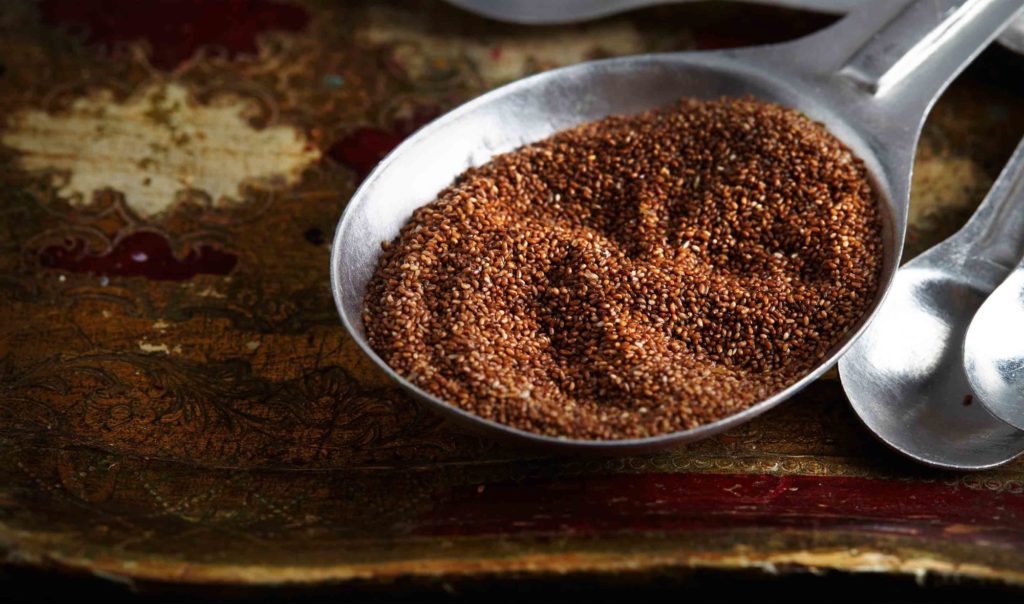
The Ethiopian government has delegated the Office of the Attorney General (AG) to file charges at the International Court of Arbitration against the Dutch Company that patented teff grain.
Getahun Mekuria, minister of Science and Technology (MoST) told Members of Parliament that all the efforts to settle the longstanding disputes with the Dutch company – Health and Performance Food International (HPFI) – bore no result.
According to him, Ethiopia has sought justice that would nullify the patent rights over teff grain the company has registered in five countries.
“Over the past nine months, extensive efforts have been carried out to reclaim Ethiopia’s patent right for its teff grain. However, the Ministry has finally come to the decision that there is no any alternative way other than seeking justice through courts to acquire Ethiopia’s patent right.”
According to Getahun, the unfortunate negotiation result prompted the government to give the Office of the AG the green light to take the matter to an international tribunal. He added that all the required documents and pieces of evidence have also been submitted to the AG.
Since the past decade, the Ethiopian Intellectual Property Office (EIPO) – along with other local and international partners – undertook various efforts to claim the patent right through negotiations, public campaign and using legal means. A committee was also created at the national level with the aim of pursuing the restoration of teff patent rights. However, the issue did not get a solution until now.
Nevertheless, the Dutch company unilaterally secured patent rights of the grain’s products in the Netherlands and currently; Italy, Britain, Germany, Austria and The Netherlands are five of the nations that have recognised HPFI with the patent rights to sell teff in the form of flour or cake.
Teff – being a gluten-amino acid-free grain – is in high demand in the world. Having anticipated a rise in its demand in future years; experts have been urging Ethiopia to utilise the opportunity and benefit from the world market by ensuring its patent right.
But the Dutch company’s transgressions were reportedly a violation of an agreement on access to teff genetic resources it entered back in 2005 with the Institute of Biodiversity Conservation and the Ethiopian Agricultural Research Organization to enjoy a fair and equitable share of benefits derived from the use of teff grain.
The agreement reserves any intellectual property right over teff varieties and any related traditional knowledge of the teff-farming local communities of Ethiopia. Yet any plant variety protections were to be owned by the company and Ethiopia.
Nevertheless, after the agreement, the company reportedly took some measures contrary to the terms of the agreement, and since 2007, the company cut all communications with Ethiopian authorities.
Similarly, The Netherlands government was accused in a report for failing on its international obligations by not regulating its company’s monopolistic activities over Ethiopia’s teff.
It is believed that Ethiopia is the first country to domesticate the teff grain across its highlands between 4,000 BC and 1,000 BC.
This article initially was published on The Reporter




